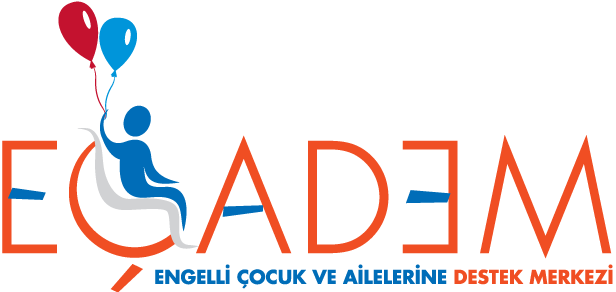What is autism?
Autism is a developmental difference that occurs in the first years of life. It can also be congenital. It is thought that it is caused by some changes related to the functioning of the brain and the nervous system.
How can I tell if my child has autism?
Usually, families realize this if their children have not started talking after the age of 3. The most prominent features of autism are;
lack of or little eye contact, excessive interest in rotating items (watching the washing machine for hours, etc.), avoiding social relations, not speaking, or repeating what is said (answering a question with a question, etc.), repetitive behaviors, obsessions, dislike of change, etc.
How should I approach my child?
First of all, a child diagnosed with autism is also more likely to have attention deficit and hyperactivity problems. For this reason, if Attention Deficit Hyperactivity Disorder also accompanies autism, this should be noted and medication should be used, if necessary, in consultation with a psychiatrist. It is very important to start the education of a child with autism at an early age. This can be done by applying to a special education center. At home, the same method followed by the teacher in a special education institution should be applied and it should be consistent. Reward can be used as a special education method. For example, while teaching a concept to the child, when the right outcome is produced, the child can be given a small piece of crackers, or some such small reward.
Besides education, communication is also very important. Eye contact should be practiced with the child frequently and the child should be kept away from the television as much as possible. The child should be encouraged to communicate with other children and not kept away from other children. On the contrary, the child should become accustomed to crowded environments. In order not to reinforce the obsessions, different games should be played and the child’s attention should be drawn to various activities. Unfortunately, doing whatever the child wants is not a good thing for his/her development in the long run. If he/her is given what they want every time they cry, crying behavior will be reinforced and education will be delayed. Instead, it would be much more helpful if they were given what they wanted as a reward for doing something good. Family members should be informed about this issue and should behave in a consistent manner. If one family member does whatever the child wants and the other does not, this will be a confusing situation for the child. It should not be forgotten that the teacher, the mother, the father and the child should all be in harmony in the education of the child.
How should I communicate with my child?
Children diagnosed with autism have difficulty grasping abstract concepts. For example, “This is no joke, study your lessons!” Phrases like this will not work. You should be clear when talking to your child. If possible, you should explain it by showing examples and teach something by letting the child experience it. You can do memorization homework with songs and fun games. These children are often very adept at memorization. The important thing is to find out which area your child is talented in and to encourage him/her to develop in this direction.
